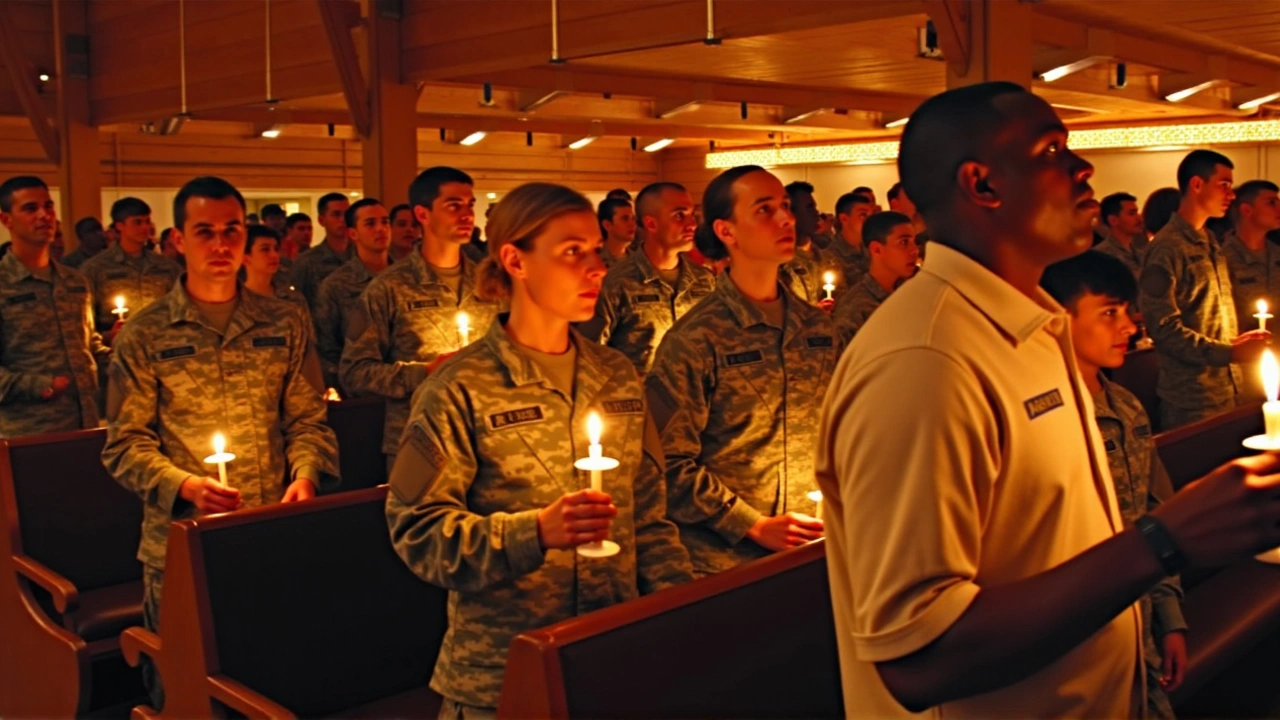Religious Freedom: What It Means for You
When we talk about religious freedom, we're not just tossing around a big phrase. It's about being able to pray, worship, or keep quiet about your beliefs without fear of punishment or discrimination. In South Africa, this right is baked into the constitution, and it touches everything from school lessons to workplace policies.
Living in Kroonstad, you might notice how churches, mosques, temples, and even small home‑based groups share space on the same street. That mix works because the law says everyone gets equal respect for their faith. But respecting a right on paper is only half the battle – it’s the everyday actions that keep the promise alive.
How the Law Protects Faith
The South African Constitution guarantees freedom of religion, belief, and opinion. That means no government can force you to follow a particular creed or stop you from celebrating your own. Courts have backed this up many times, like when they ruled that public schools must allow private prayer without endorsing any single faith.
Local authorities also play a role. If a new building plan threatens a place of worship, officials have to consider the impact on religious practice before granting permits. This legal safety net helps smaller groups stay open and prevents major projects from trampling over holy sites.
Everyday Ways to Support Tolerance
You don’t need a law degree to defend religious freedom. A simple step is listening – when someone shares why they celebrate a holiday or fast, give them space instead of dismissing it. In workplaces, ask if meeting times clash with major religious observances and see if you can shift schedules.
Schools can include short lessons about the variety of faiths in South Africa without pushing any agenda. That builds curiosity rather than fear. Community events like inter‑faith potlucks let people taste each other's cultures while chatting about beliefs in a relaxed setting.
If you spot discrimination – a sign that says “No entry for X religion” or an online post spreading hate – report it to local authorities or the South African Human Rights Commission. Quick action stops small slurs from becoming bigger problems.
Online, share stories of how different faiths enrich your neighborhood. Positive posts counteract the negative headlines that sometimes dominate social media. When you see a friend’s religious practice being mocked, speak up and ask why it’s funny to them. A short conversation can change an attitude.
Remember, protecting religious freedom isn’t just about grand gestures; it’s about daily respect. Whether you’re buying a coffee, attending a town meeting, or scrolling through news feeds, keep the idea that everyone deserves the right to believe what they want at the forefront.
In Kroonstad and beyond, the strength of our society shows up when we let each other worship in peace. By understanding the laws, listening with an open mind, and calling out intolerance, you become part of a community that truly lives up to its constitutional promise.
The Impact of 'Merry Christmas' and 'Happy Holidays' on US Military Traditions and Values
The duality of 'Merry Christmas' and 'Happy Holidays' in the US military highlights the balance between secularity and religious expression embedded in the First Amendment. This dynamic ensures that individuals can express their beliefs freely in the armed forces during the holiday season. It underscores the Department of Defense’s commitment to religious accommodation, allowing personal choice in greetings while respecting others’ rights.
read more